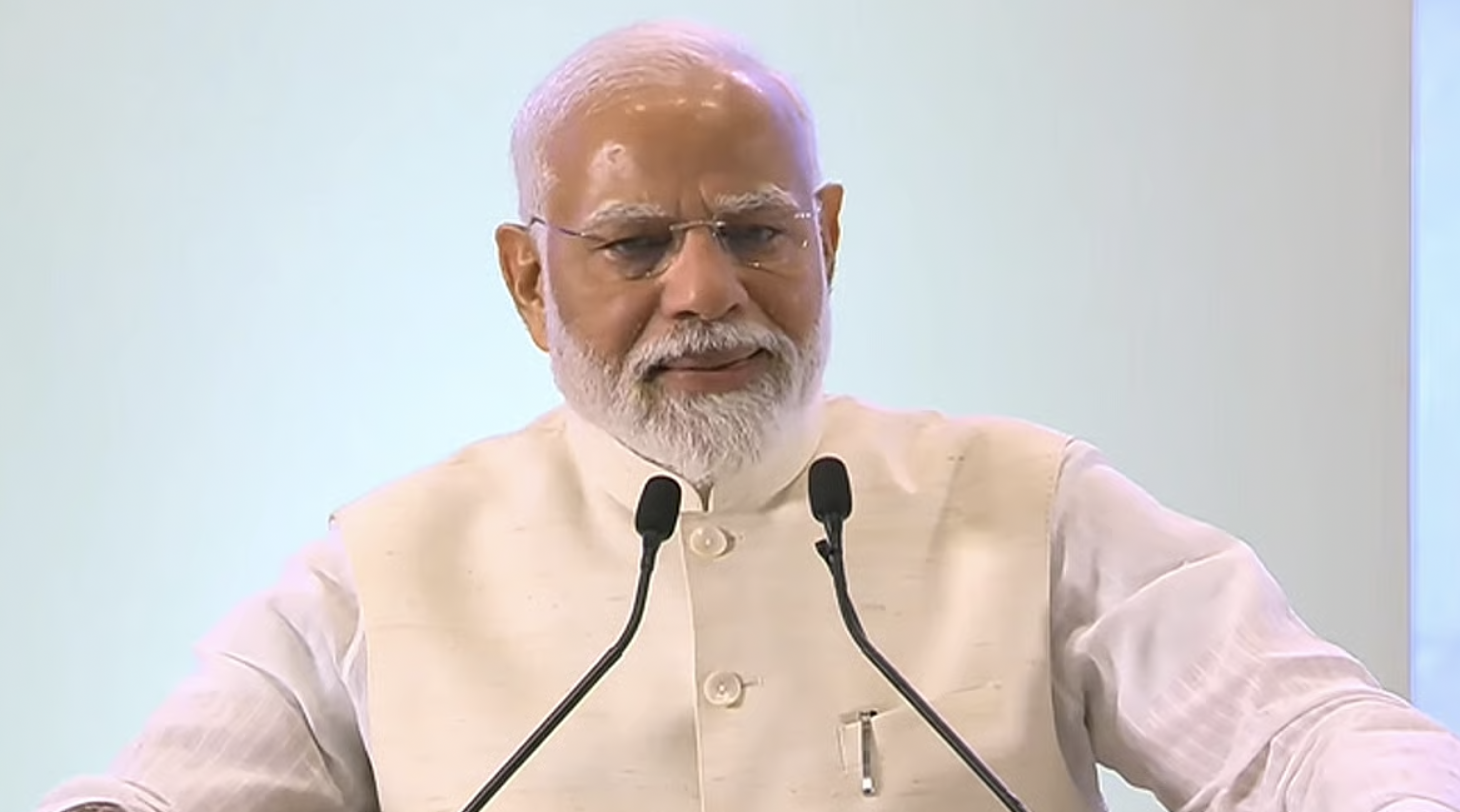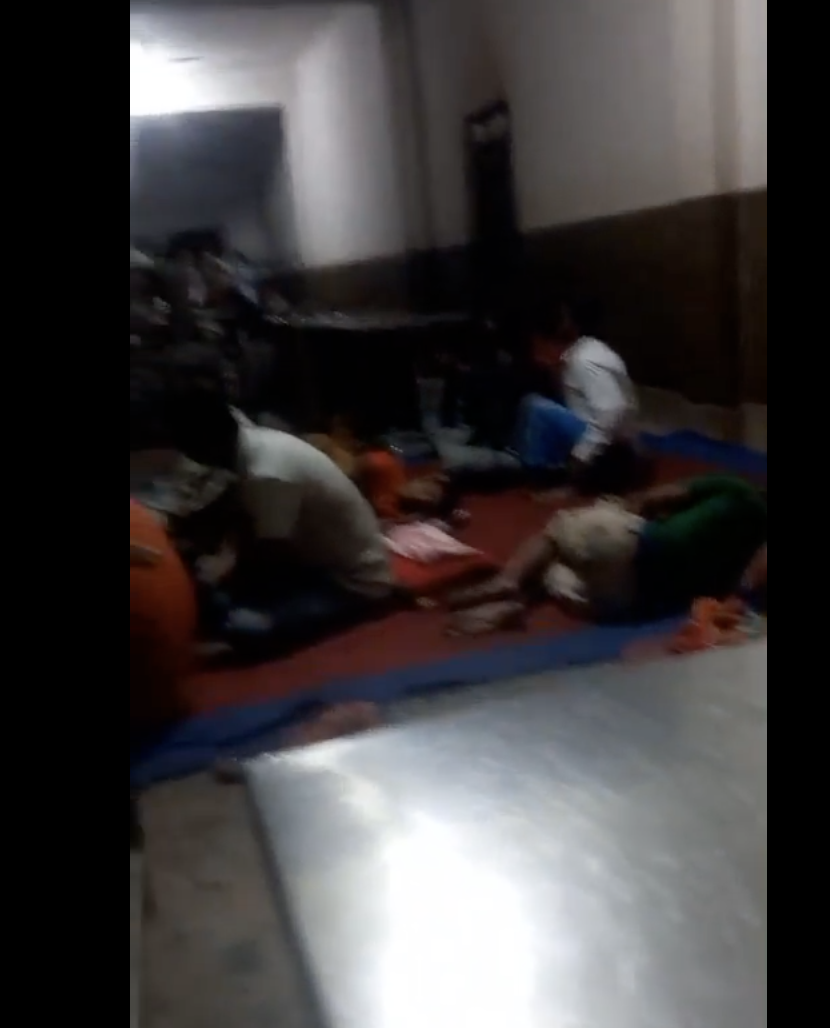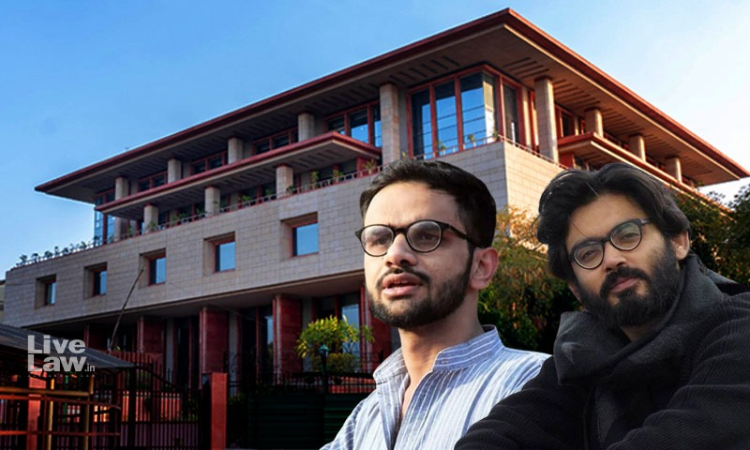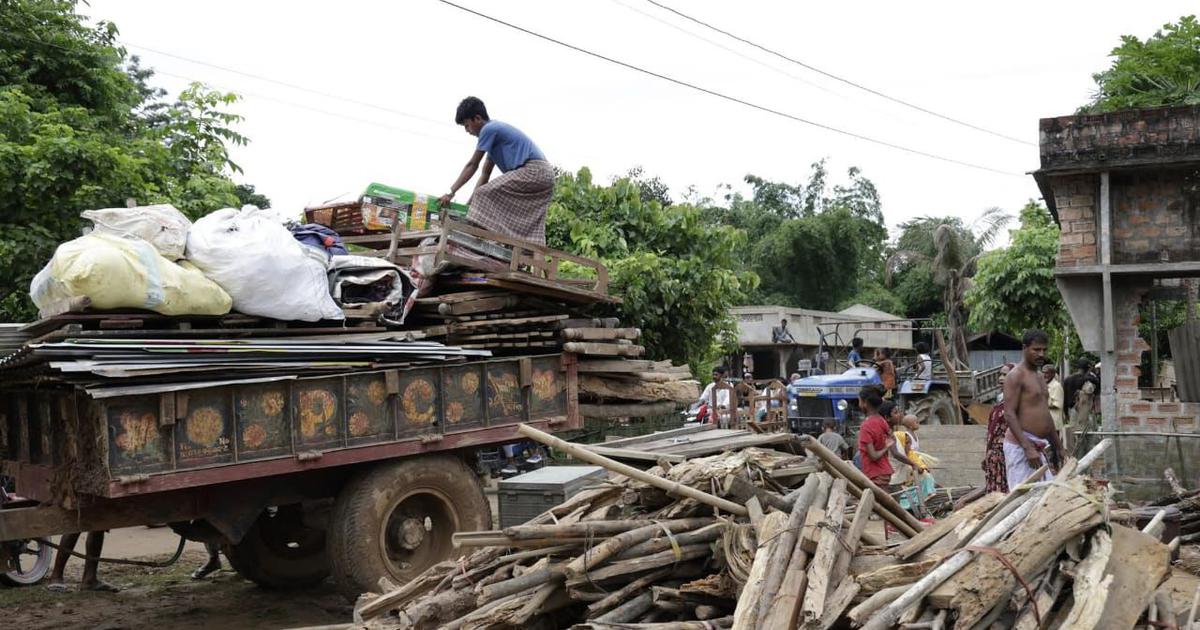By Omar Rashid
New Delhi: A citizen right guaranteed under Article 25 of the constitution (freedom of religion) “cannot be taken away by arbitrary action of state”, noted the Allahabad high court on Monday, February 26, as it ruled in favour of the continuation of Hindu prayers in the basement of the Gyanvapi Masjid in Varanasi.
The court dismissed a plea filed by the caretakers of the mosque challenging a controversial district court order handing over a southern cellar of the Mughal-era Muslim place of worship to Hindus for worship in the midst of pending suits in the Gyanvapi Masjd – Kashi Vishwanath Temple matter in which Hindu plaintiffs are seeking religious rights within the mosque as well as its ultimate possession from Muslims.
The matter eventually boiled down to which party – the mosque management committee or a Hindu plaintiff – could prove possession of the southern cellar before it was locked in 1993. A map from a civil suit in 1936 and an advocate commissioner’s survey report of the mosque in 1996 were judged by the HC to be evidence sufficient to prove that the Hindu plaintiff had prima facie possession of the basement of the mosque till 1993.
The HC held that the Muslim side had failed to establish prima facie possession over the cellar when the property was iron-fenced and barricaded in 1993, on the directions of the Supreme Court following the demolition of the Babri Masjid in Ayodhya. On the other hand, the court ruled that the Uttar Pradesh state government, then run by the Mulayam Singh-led Samajwadi Party, had stopped the worship and Hindu rituals in the cellar of the mosque by the Vyas family, the Hindu plaintiffs, “by illegal action of State without there being any order in writing.”
This story was originally published in thewire.in. Read the full story here.






